What are scraper handles made of? |
||||
| Shop for Floor and Wall Scrapers | ||||
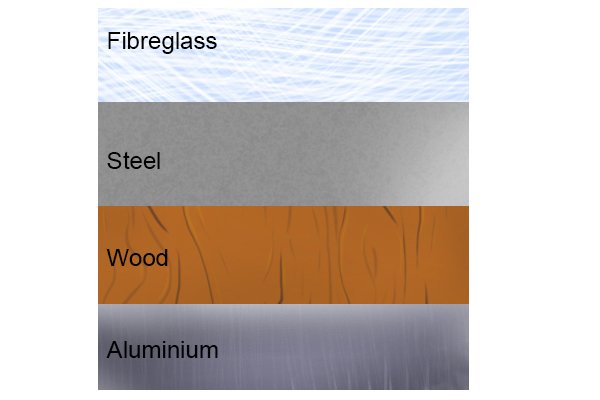 |
The handles of scrapers come in different sizes and are made out of either metal (steel or aluminium), fibreglass or wood. | |||
Fibreglass handles |
||||
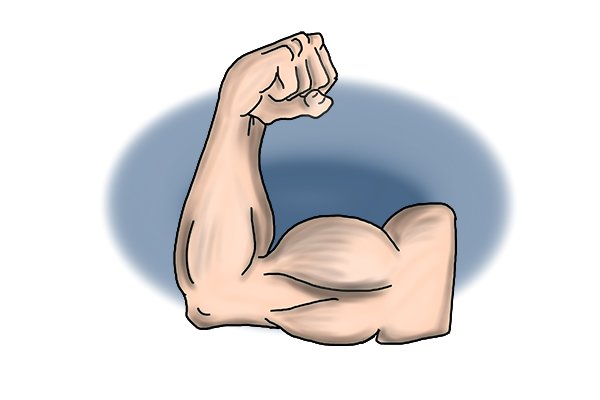 |
AdvantagesFibreglass handles are very strong and durable. |
|||
 |
Fibreglass will not rot and is not subject to weathering.
Unlike wood, it does not shrink or expand with variations in humidity. |
|||
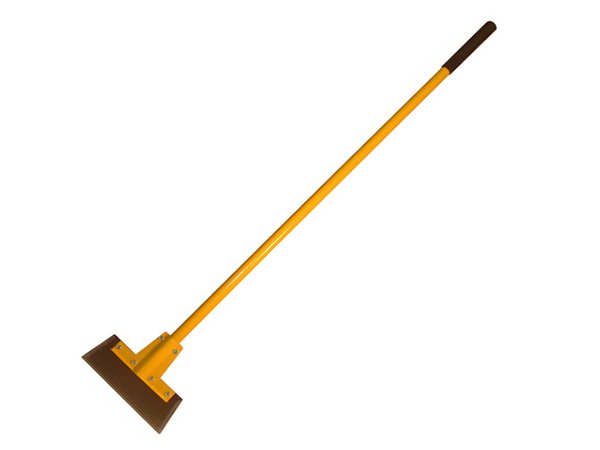 |
Fibreglass scrapers are also lighter than other types, and so are easier to use. | |||
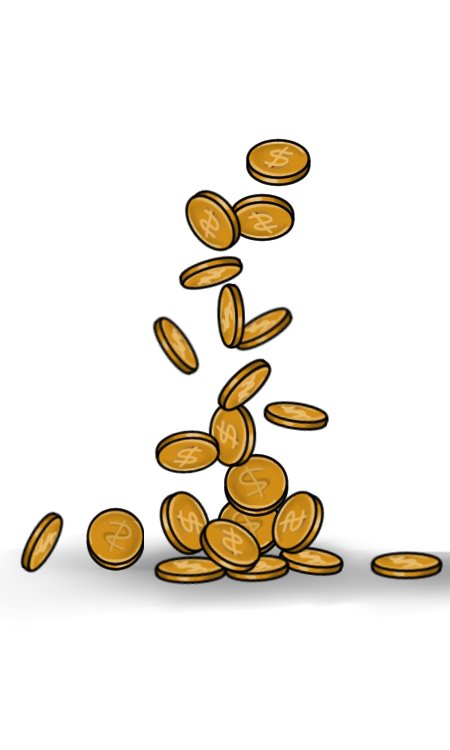 |
DisadvantagesScrapers with fibreglass handles are usually more expensive than those made from other materials. |
|||
Steel handles |
||||
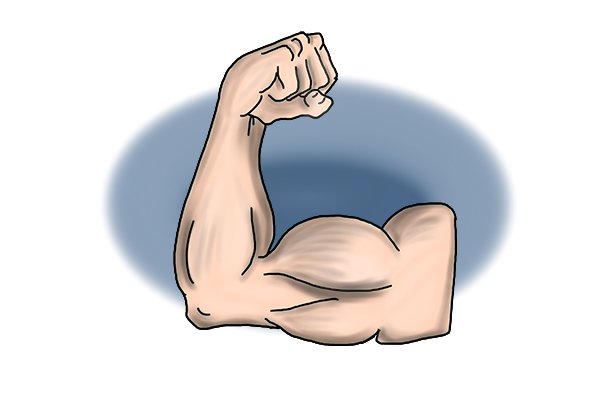
|
AdvantagesLike fibreglass scrapers, steel ones are very strong and durable. |
|||
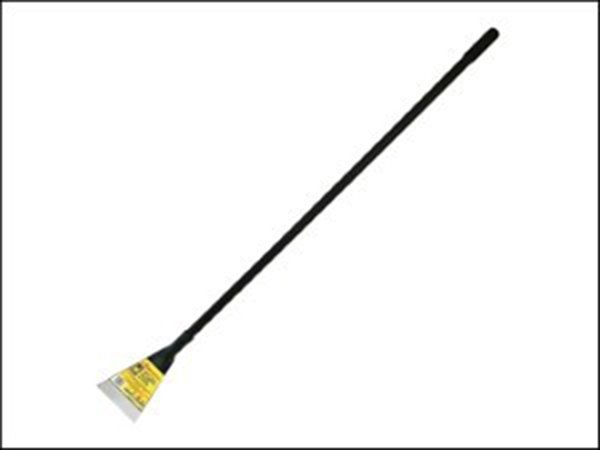 |
Steel handles are weighted so that they are able to plow through more resilient materials with less effort.
As a result, scrapers with steel handles are most suitable for heavy-duty scraping tasks. |
|||
 |
Steel handles, except stainless steel, need to be coated to protected against rust. They are not resistant to weather conditions such as rain or humidity. | |||
 |
Steel is not corrosion resistant. Stainless Steel, on the other hand, is, and can be used in difficult working conditions. Note that there are different grades of Stainless steel. The more expensive grades (eg 316L) are more resistant to corosion than the cheaper grades (eg 304). |
|||
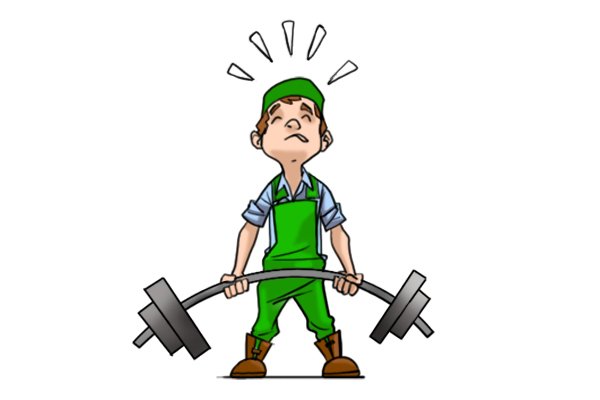 |
DisadvantagesSteel is a very heavy material and a steel scraper may not be suitable for all users because of its weight. |
|||
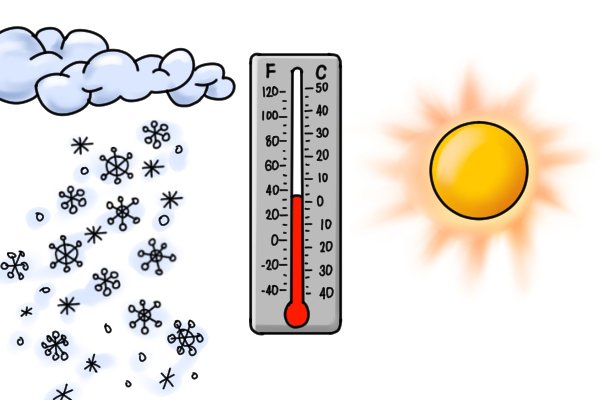 |
Steel is a good conductor of heat.
Scrapers with steel handles can be uncomfortable to use if a working environment lacks climate control. |
|||
Wooden handles |
||||
 |
AdvantagesWood is very light compared to steel, making wooden scrapers easier and more comfortable to use.
However, since they are lighter, wooden handles are not as strong and so are not suitable for heavy-duty tasks. |
|||
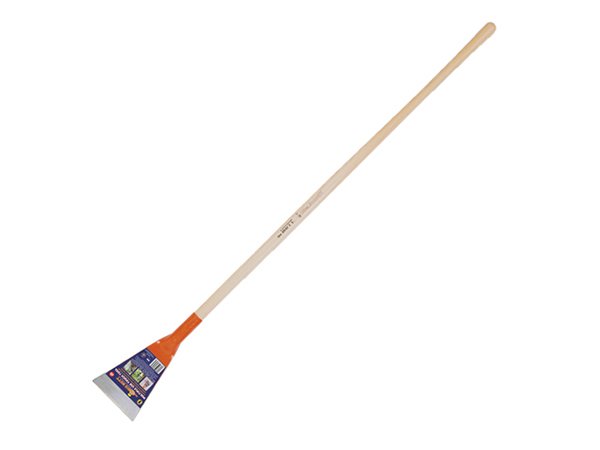 |
If properly maintained, wooden scrapers are durable and can last a long time. | |||
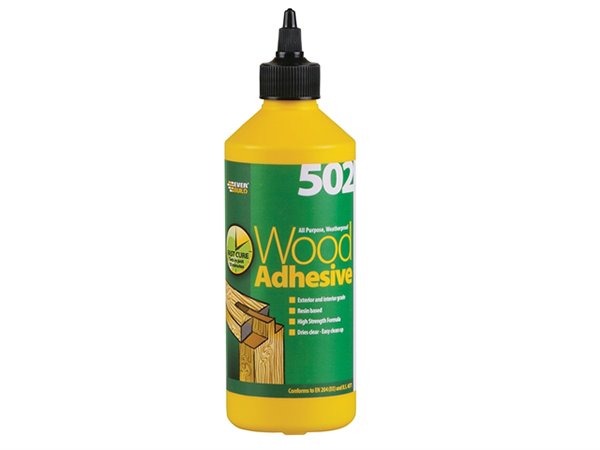 |
Wooden handles are easy to replace if they become worn or damaged.
They can also be repaired with wood glue if the damage is minor. |
|||
 |
Wooden scrapers are subject to weathering, cracking and splitting, and they may rot in wet or damp conditions. | |||
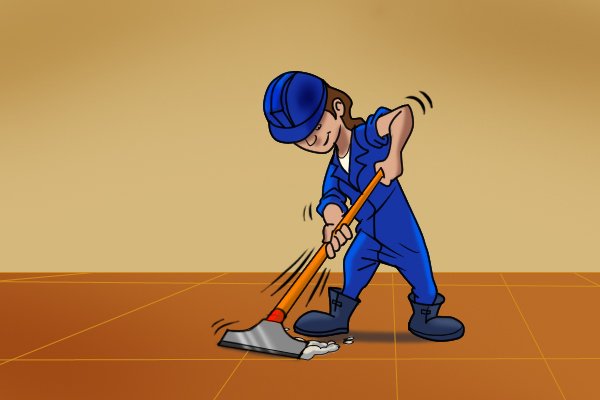 |
Scrapers with wooden handles can be uncomfortable to use as a result of vibrations and shocks that may result from intensive use.
This is particularly true of scrapers with long wooden handles. |
|||
 |
They are also more likely to fail after extended use since wood is not as durable as other materials. | |||
Aluminium handles |
||||
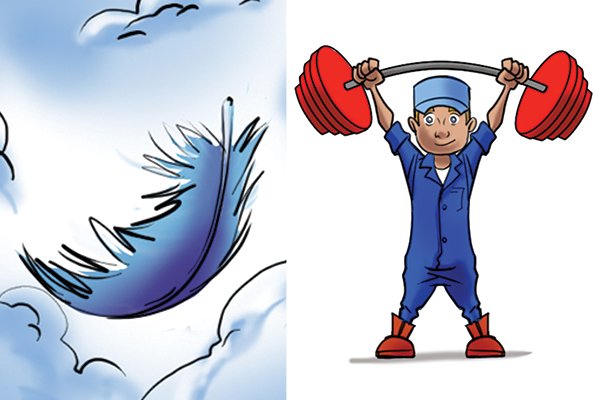
|
AdvantagesAluminium scrapers are lightweight yet strong.
This means that they can be used effectively without the user suffering from fatigue. |
|||
 |
Aluminium is corrosion-resistant because of its protective oxide coating | |||
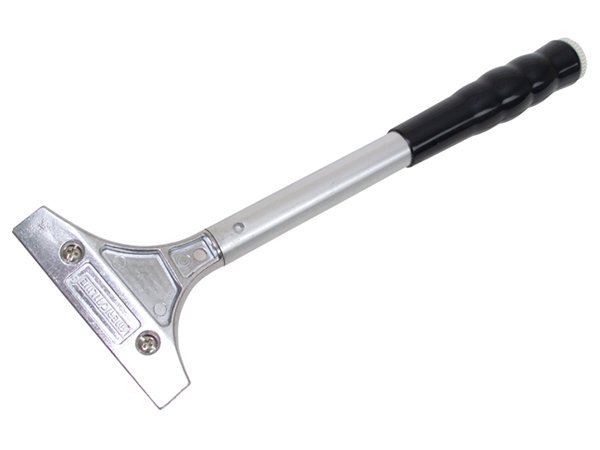 |
Aluminium handles are good at absorbing shocks and vibrations, so the scraper can be used comfortably. | |||
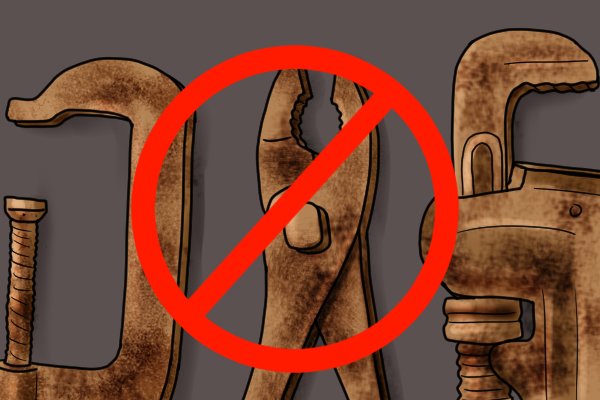 |
Unlike steel, aluminium handles are resistant to rust. |
|||
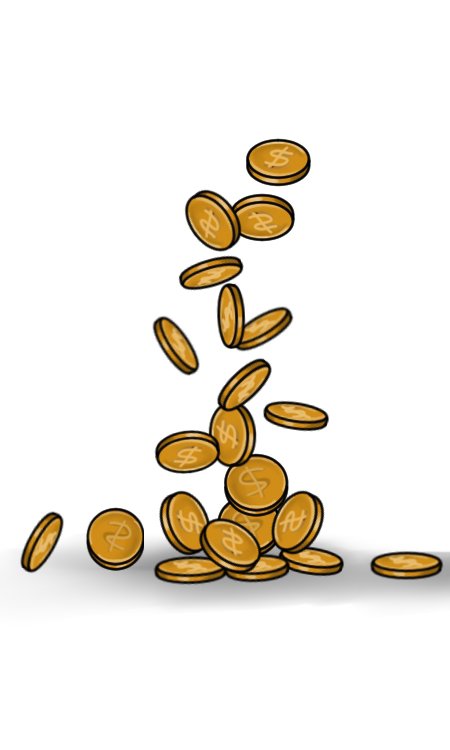 |
DisadvantagesAluminium is an expensive material and so aluminium floor and wall scrapers tend to cost more than alternatives |
|||






